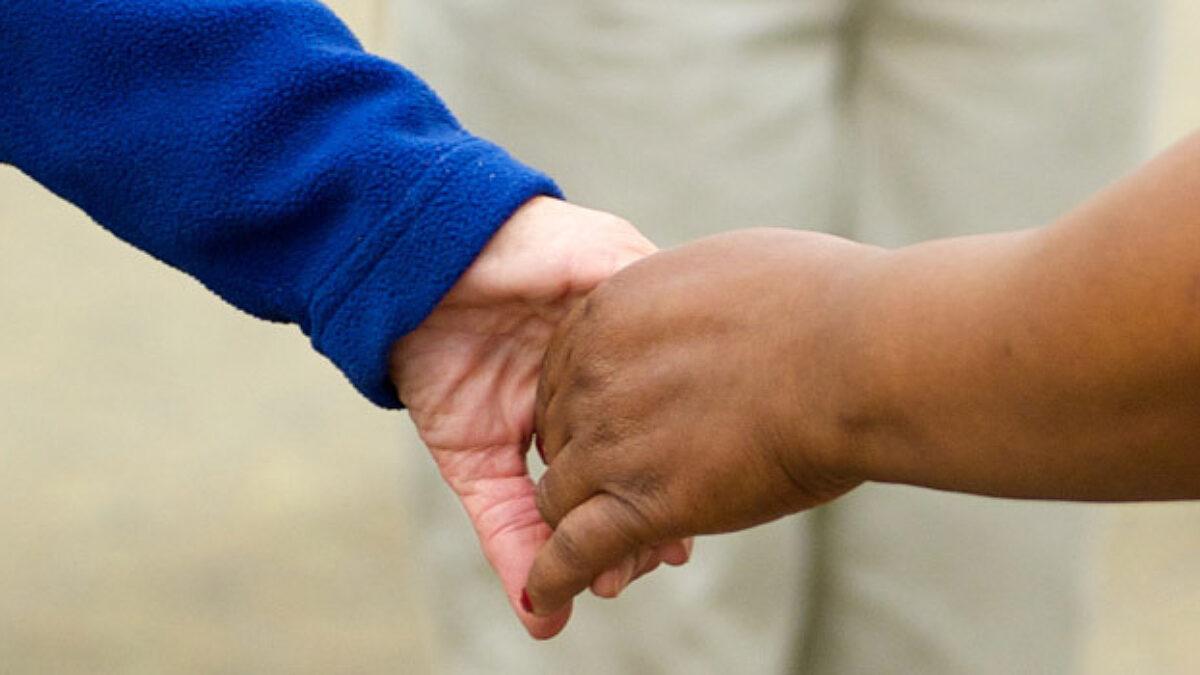
Advocate’s South Carolina Stories of Racial Awakening Project: Narrative 18
Confessions from a racial bystander
By Sam Watson
Editor’s note: The following is the 18th narrative accepted for publication in the Advocate’s South Carolina Stories of Racial Awakening Project. Submit your own narrative and receive $50. See guidelines, here.
For my parents and me, it was an annual treat. When I was growing up, the only child in a farm family, we always looked forward to the spring tour of the Wofford Glee Club and their concert in Orangeburg. I never forgot Sam Moyers’ closing injunction, “Go to the church of your choice, but send your son to Wofford.”
And so I went, as much for the Glee Club as anything else. On tour we spent nights with Methodist parishioners along the way. That was the early 1960s, and young black people had begun showing up at white church doors on Sunday mornings. I recall some of our Glee Club hosts muttering, “They’re coming not to worship but to agitate.” And I remember thinking (though probably never saying), who of us could claim that the motives which take us to church are pure?
Wofford had not yet integrated. That happened just after my 1964 graduation. While a student there, I had no earthshaking moments of racial insight. But, I see in retrospect, I was beginning to question my assumed heritage as a white Southerner. My great-grandfather had been a junior officer in the Confederate army after he had become the very first graduate of Wofford College. I have since read through his signed copy of the Proceedings of the Convention of Secession, and it leaves no doubt that the root cause of the war was slavery.
I had already recognized something of race-based economic injustice: on my father’s small farm the laborers, usually two of them and always black, earned $22.50 each for a full week’s work, but we were powerless to do anything about that. And, as preposterous as it now seems, I honestly believed (I think many of us did) that black people’s poverty protected their happiness. Somehow remove it, and the happiness of these remarkable people would be threatened.
Even then I did see, with increasing clarity, that leadership and moral direction were largely not to be found among my white compatriots but among their black counterparts—not the white bishops urging patience in the face of racial injustice but Dr. King in his response from a Birmingham jail.
My sophomore year there was a riot on campus. Two Wofford students, both from the north, had gone to Orangeburg to be part of a civil rights demonstration. There, they were arrested. Dean Frank Logan drove to Orangeburg, sprang them from jail, and drove them back to Spartanburg, housing them someplace off campus for their own safety. On campus, a large group of students gathered, protesting those two students’ actions. The crowd became a mob, as Dr. Duke of Psychology shouted ineffectually from the steps of Old Main, “Disperse! Disperse!”
My friend Laurens Fort and I were standing aside beneath a dogwood tree when one of the ringleaders spotted me.
“Get him,” he shouted, “he was in Orangeburg,” as the mob turned toward me.
“Hell,” Laurens shouted back, “he is from Orangeburg,” and the mob turned away.
In recent years Mike Vandiver has sought to establish contact with those two Northern students. One he has not been able to find. The other, Mike tells me, has led the good life of an artisan without many material needs.
I first registered to vote in Orangeburg. There were two clerks. Standing beside me was a black man, who had been handed some passage probably from the state’s constitution to read and interpret. I was given no such test. I never knew whether that black man got to vote or not.
As those illustrations suggest, I simply sat out the entire civil rights era, apparently thinking it somehow was all someone else’s problem.
Now, all these years later, I still find myself inclined toward black people for moral leadership. Barack Obama is a role model, a hero. But Donald Trump is a role model too, a throwback to an ugly past that refuses to be past. It is all everybody’s problem.
After the Mother Emanuel massacre, I nailed together nine small rugged crosses; for a year they were staked in front of our tiny Methodist church in McClellanville. Now one of them hangs in the sanctuary, below which a little black memorial plaque features these words: “May we deserve forgiveness.”
That’s where I end up, at the foot of a small cross. I only hope that “we” might somehow include “me.”
Watson, 74, is white and a member of McClellanville United Methodist Church, McClellanville.